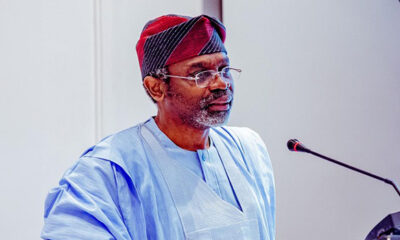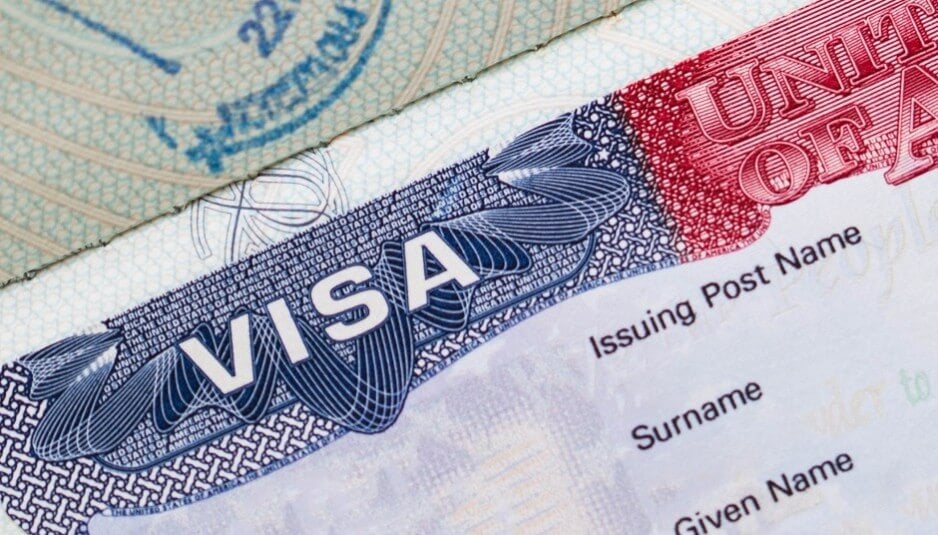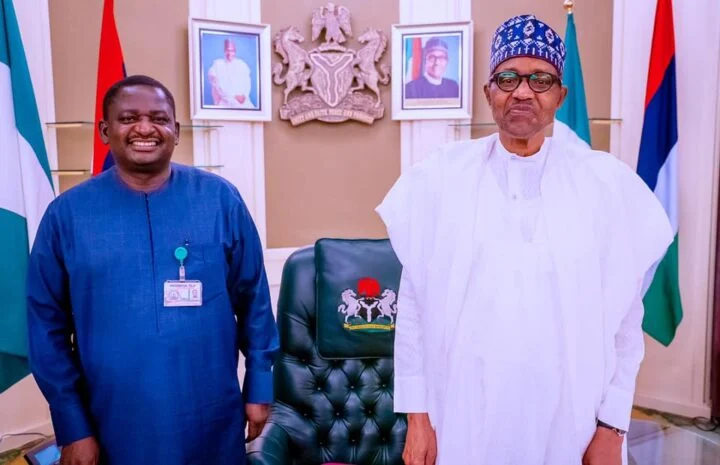BIG STORY
Nigeria’s Governance Structure Set Up For Bankruptcy — Lamido Sanusi

BIG STORY
FG Addresses New US Visa Restrictions, Says UAE Yet To Communicate Revised Policy
BIG STORY
TikTok Deletes 3.6 Million Nigerian Videos Between January And March 2025 Over “Community Guidelines Violation”
BIG STORY
Buhari Could Have Died Long Ago If He Relied On Nigerian Hospitals — Femi Adesina
-

 BIG STORY5 days ago
BIG STORY5 days agoJUST IN: US Clarifies New Visa Rule For Nigerians, Cites Global Security Standards
-

 BIG STORY2 days ago
BIG STORY2 days agoBREAKING: Federal Government Declares Tuesday Public Holiday To Honour Buhari
-

 BIG STORY19 hours ago
BIG STORY19 hours agoAmaechi Wears Turban To Buhari’s Burial In Daura
-

 BIG STORY2 days ago
BIG STORY2 days agoOsun 2026: Aregbesola Vows To Unseat Adeleke, Says ADC Will Win Guber Election
-

 BIG STORY4 days ago
BIG STORY4 days agoDETAILED: Coroner Orders Prosecution Of Auxiliary Nurse Over Mohbad’s Death, Probe Into Police Inaction
-

 BIG STORY2 days ago
BIG STORY2 days agoECOWAS Caravan 2025 Highlights Barriers, Builds Support For Women In Cross-Border Trade
-

 BIG STORY19 hours ago
BIG STORY19 hours agoWhat Buhari Told Me About President Tinubu After Fuel Subsidy Removal — Katsina Governor Radda
-

 BIG STORY4 days ago
BIG STORY4 days agoNo Effective Governance Without Full Local Government Autonomy — Femi Gbajabiamila
























